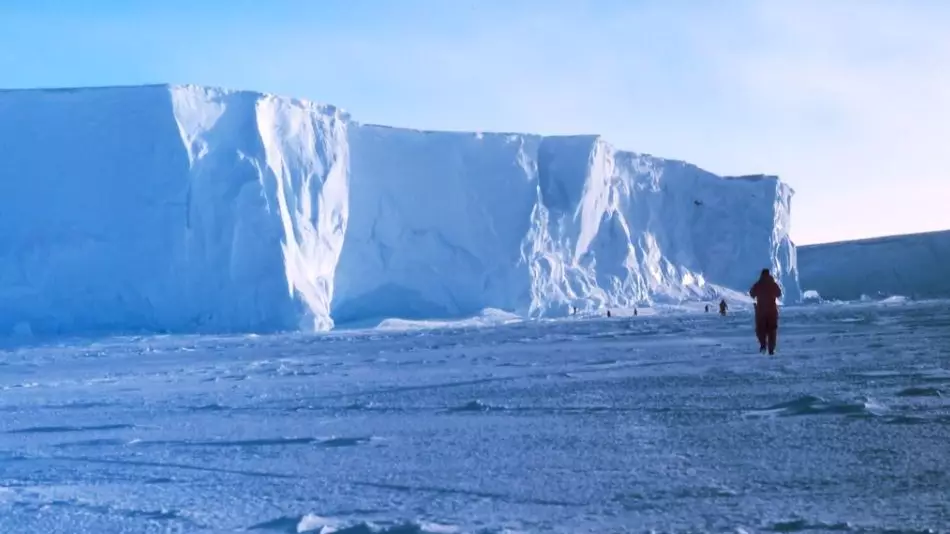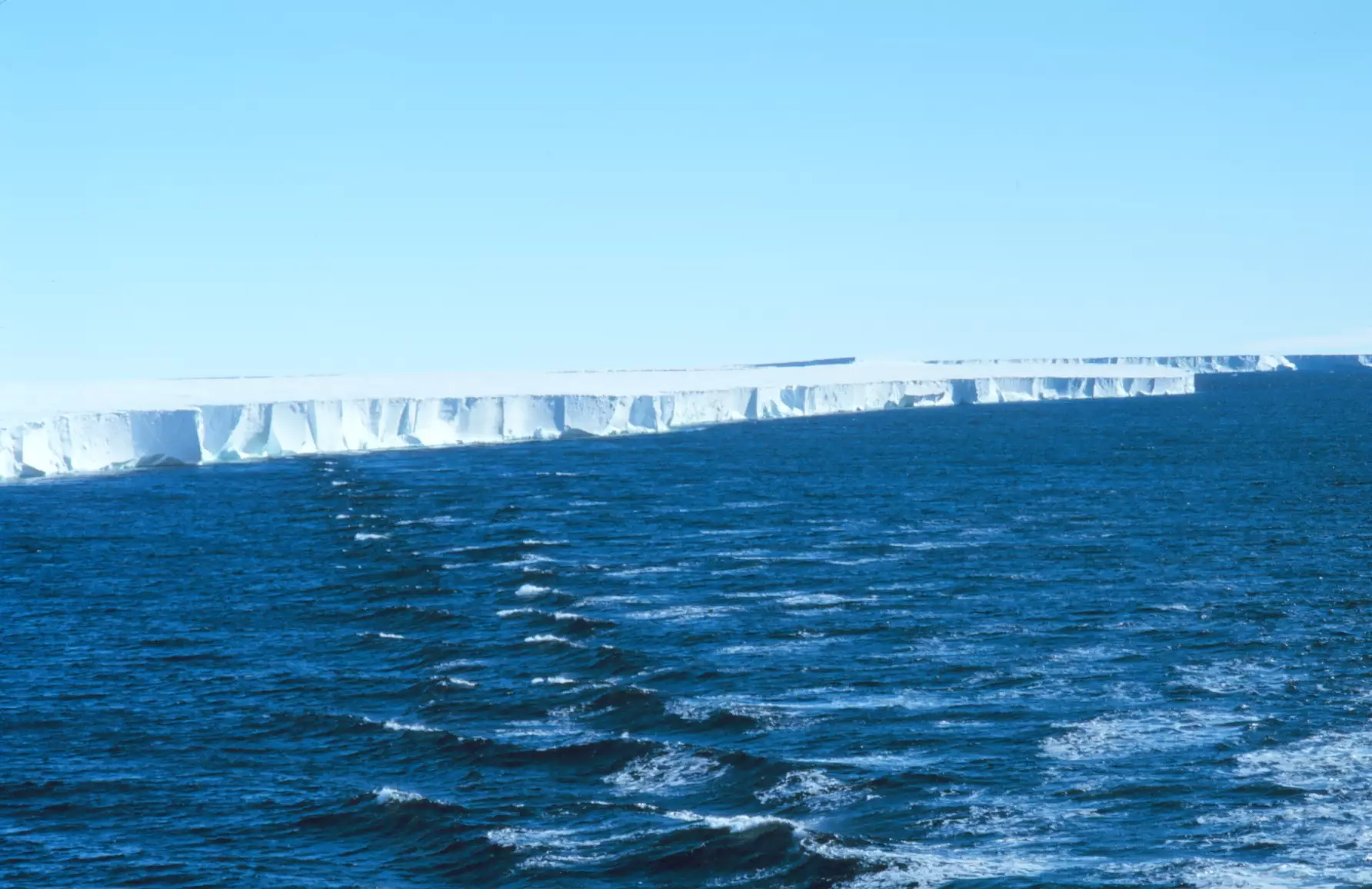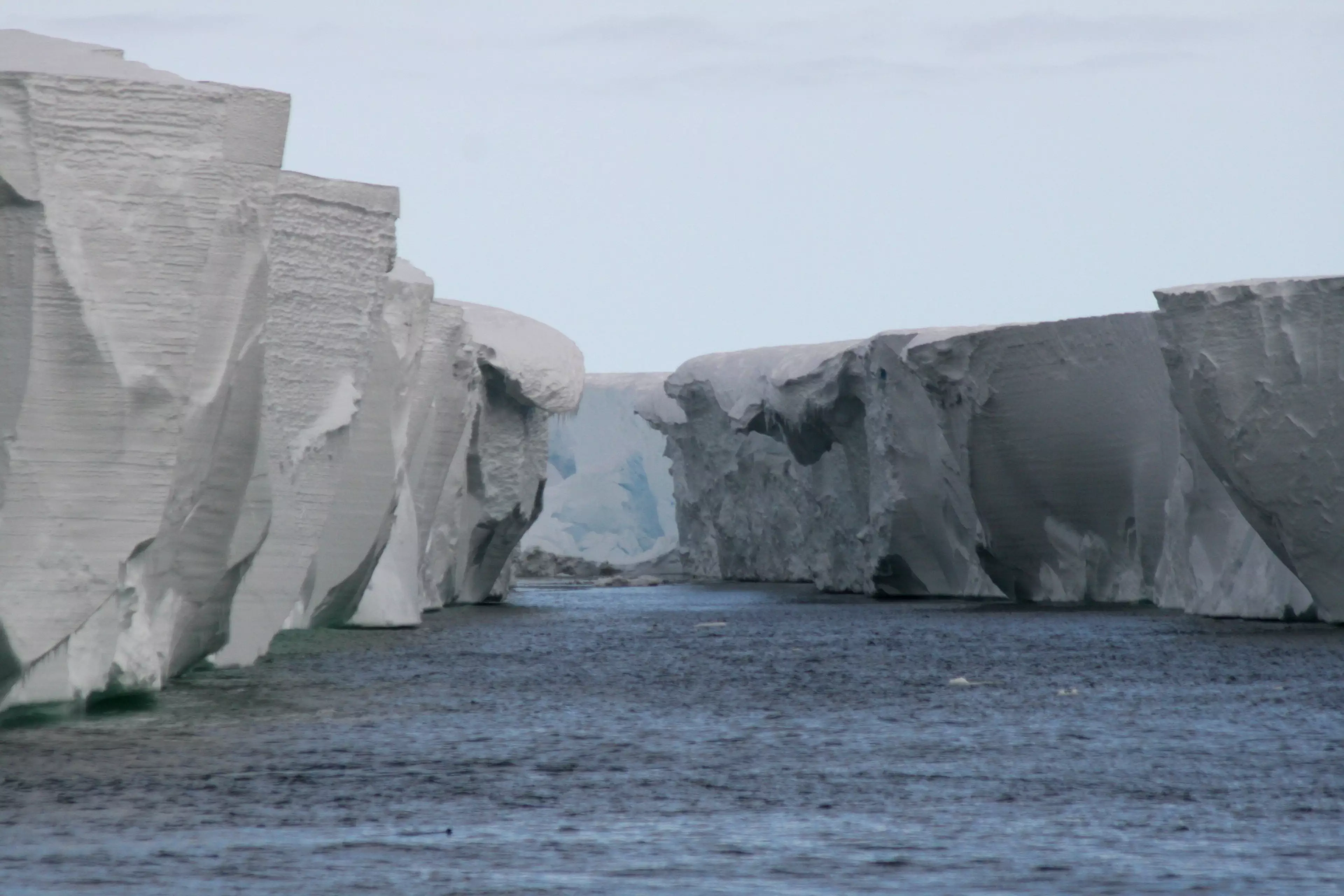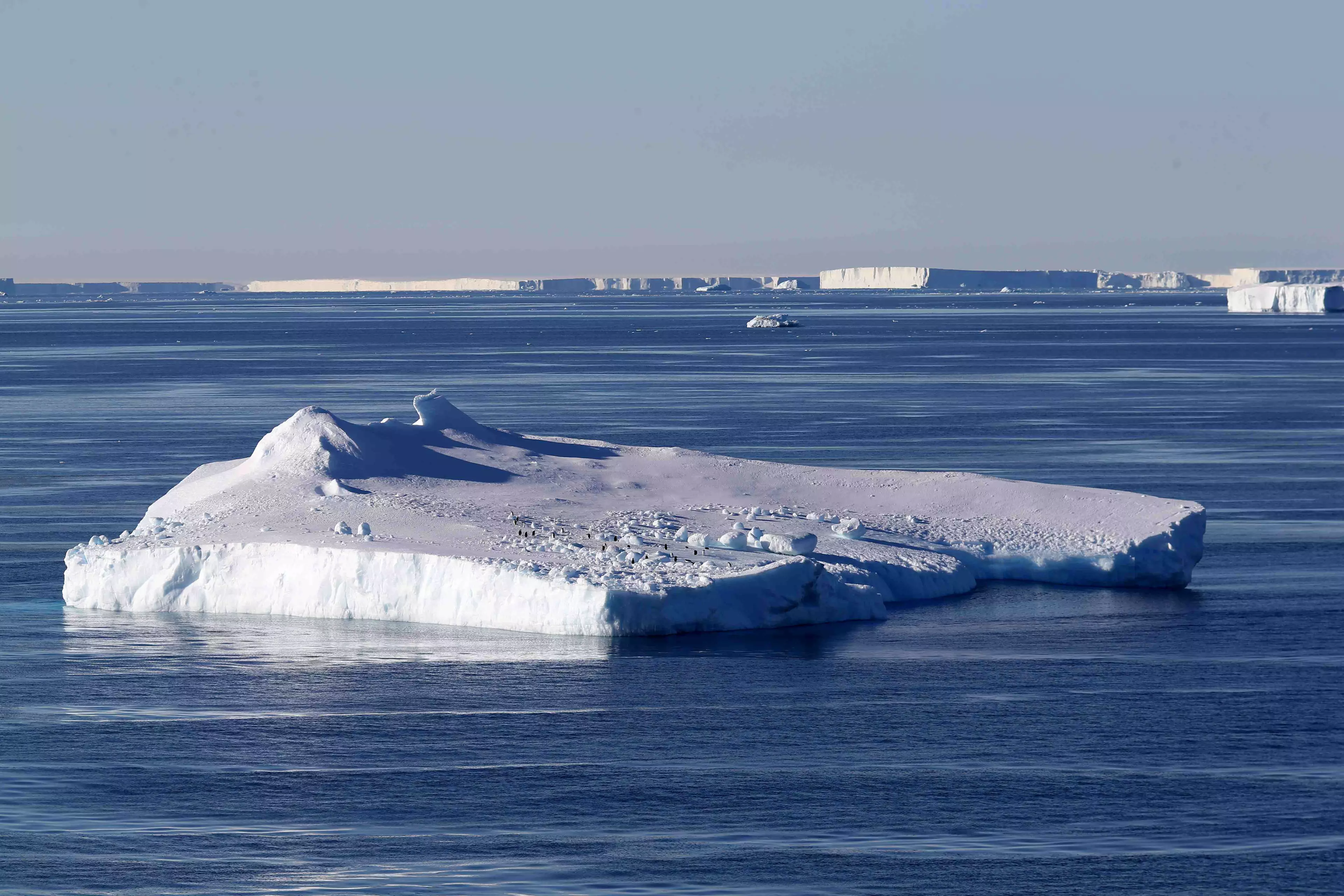
In the latest piece of news to prove just how much damage we're causing to our planet, scientists are warning that the world's largest ice shelf is melting 10 times faster than expected as the sea is warming around it.
The Ross Ice Shelf is located in Antarctica, and covers an area roughly the same size as France. It's several hundred metres thick, and 90 per cent of the ice is below sea level.
But a four-year study published in latest issue of Nature Geoscience by an international team of scientists found that the ice is melting much quicker than originally thought due to inflowing warm water caused by climate change.

For the research, scientists collected data on how the northwest portion of the ice shelf interacts with the ocean below, and the results are truly worrying.
Advert
"The stability of ice shelves is generally thought to be related to their exposure to warm deep ocean water, but we've found that solar heated surface water also plays a crucial role in melting ice shelves," said the study's lead author, Dr Craig Stewart, who conducted the work as PhD student at Cambridge University.

The study showed that surface water heated by the sun flows into the cavity under the ice shelf near Ross Island, meaning the rate the ice melts nearly triples in summer.
And if the Ross Ice Shelf melts completely, an estimated total of 4.8m (16ft) water would be added to sea levels.
Advert
Co-author Dr Poul Christoffersen from Cambridge's Scott Polar Research Institute added: "Previous studies have shown that when ice shelves collapse, the feeding glaciers can speed up by a factor or two or three.
"The difference here is the sheer size of the Ross Ice Shelf, which is over one hundred times larger than the ice shelves we've already seen disappear."
The researchers took measurements of temperature, salinity, melt rate and ocean currents using instruments through a borehole in the ice.
Advert
They also collected four years' worth of data from oceanographic mooring fitted under the ice shelf, and a custom-made radar system was used to look at the changing thickness of the ice.
Dr Stewart shared: "Climate change is likely to result in less sea ice, and higher surface ocean temperatures in the Ross Sea, suggesting that melt rates in this region will increase in the future."

Dr Christoffersen added. "The observations we made at the front of the ice shelf have direct implications for many large glaciers that flow into the ice shelf, some as far as 900 kilometres (559 miles) away."
Advert
It's time to start listening up and make every effort to reduce our personal impact on earth. Remember, there is no 'planet B'.
Featured Image Credit: Flickr